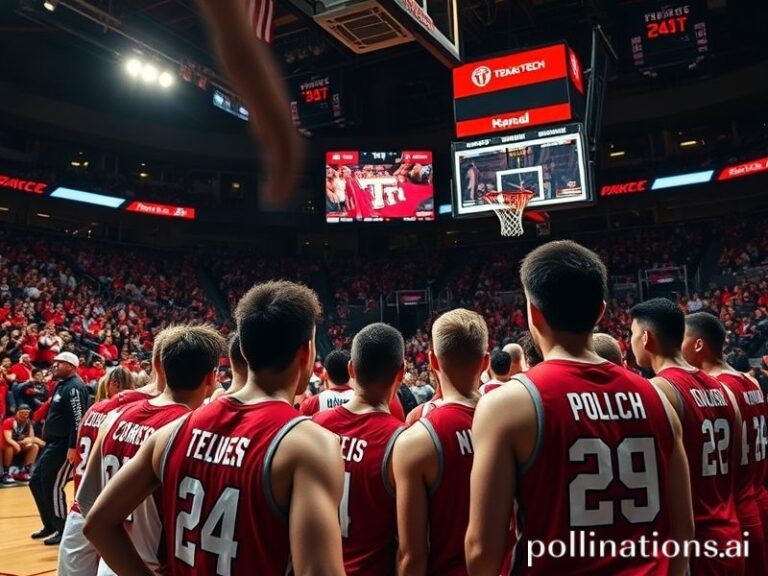Pocket Tweets and Bent Fenders: How Joleon Lescott Became a Global Cautionary Tale
Joleon Lescott and the International Art of the Accidental Tweet
by Our Man in the Cheap Seats, Tuesday dispatch
PARIS—Somewhere between the Brexit vote and the collapse of the Turkish lira, the planet’s collective attention pivoted—briefly, gloriously—to a Manchester City centre-back’s mobile phone. Joleon Lescott, a man once paid to stop strikers, instead managed to score the most viral own-goal of 2016: posting a photograph of his silver Mercedes after a 3-0 defeat to Aston Villa with the caption “I don’t even remember taking this…” The internet, that tireless unpaid intern of outrage, concluded he was flaunting wealth while his club hemorrhaged dignity. Lescott blamed a “pocket tweet.” Humanity blamed everything else.
From Lagos to Lima the incident became a Rorschach test of late-capitalist anxiety. In Nigeria, where fuel queues routinely stretch longer than election promises, the Benz became a metaphor for ruling-class aloofness. In Argentina, battling 50 % inflation, Twitter wags coined the hashtag #LescottIndex to measure how many monthly salaries equaled one defender’s dented door panel. Even the Swiss, who normally reserve emotion for fondue temperature, tut-tutted over their fondue: yet another footballer too wealthy to notice he’s broadcasting his own obliviousness.
Yet zoom out—because that’s what we do here at Dave’s Locker, preferably from a terrace bar with watered-down mojitos—and Lescott’s pocket malfunction is a perfect parable for the era. We live in a time when the average citizen can topple a government with a shaky video, but a professional athlete can’t master airplane mode. The same platforms that foment revolutions in Sudan also immortalize your taste in alloy wheels. Progress, like a poorly timed slide tackle, giveth and taketh away.
The geopolitical aftershocks were minor but telling. British MPs, ever eager to deflect from their own quarterly expenses scandals, cited “role-model responsibility” and threatened parliamentary hearings on athletes’ social-media conduct. Meanwhile, Chinese state media ran the story under the headline “Western Decadence on Four Wheels,” blissfully ignoring their own glut of gold-plated supercars clogging Shenzhen. In Russia, the incident was repurposed as evidence that the Premier League breeds “spiritual weakness,” shortly before a Duma deputy crashed his Lamborghini into a vodka billboard—an irony apparently reserved for domestic consumption.
Sponsors, those shy nocturnal mammals, scattered faster than you can say “brand safety.” Lescott’s endorsement deal with a Malaysian car-wax company evaporated overnight; the firm pivoted to sponsoring esports, where the only dents are to adolescent egos. Gulfstream Airlines quietly removed his face from their in-flight magazine, replacing it with a rescue dog named Arsène. Even EA Sports downgraded his FIFA rating for “composure,” a stat usually reserved for midfielders who haven’t yet discovered Twitter.
But let’s not eulogize the man just yet. In the grand ledger of footballing ignominy, Lescott’s crime ranks somewhere below biting opponents or match-fixing in Serie B. What he truly exposed was the yawning gap between athletic wealth and digital literacy—a gap now being monetized by start-ups flogging “posting insurance” to athletes across Europe. For a modest €9,000 a year (roughly three hours of Lescott’s wages), PR algorithms will intercept any image containing both luxury goods and sad-face emojis. Late-stage capitalism, ever the opportunist, has found a way to commodify even the act of not thinking.
And so the world spins on. Climate summits collapse, crypto empires vaporize, but somewhere in Birmingham a footballer still Googles “how to delete tweet” while his agent drafts an apology in Comic Sans. Lescott eventually found sanctuary in the Greek Super League, where fans are too busy dodging tear gas to care about your garage décor. The Mercedes was sold to a Saudi influencer who uses it as a coffee table. The internet, bored, moved on to a raccoon who could play the ukulele.
Moral of the story? In the 21st-century coliseum, it isn’t the lion you need to fear—it’s the smartphone in your toga pocket. Keep it sheathed, or be prepared to feed the trolls. They’re always hungry, and they tip poorly.







